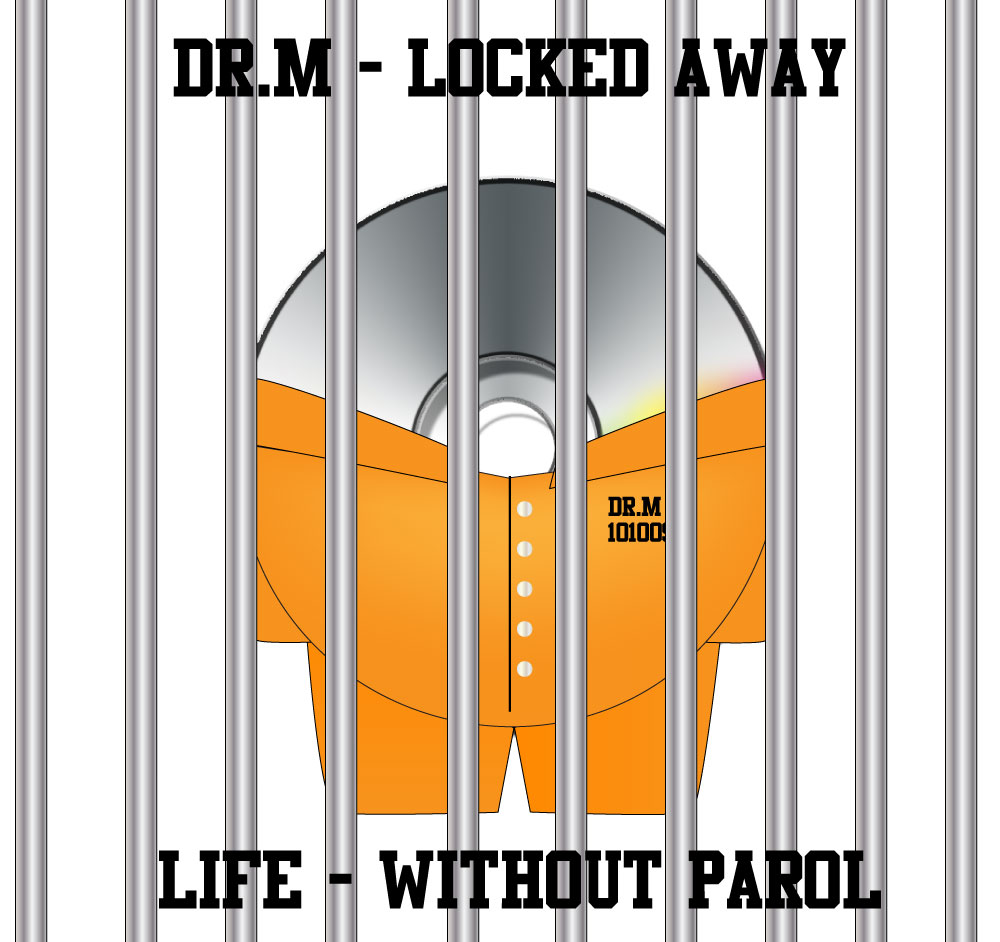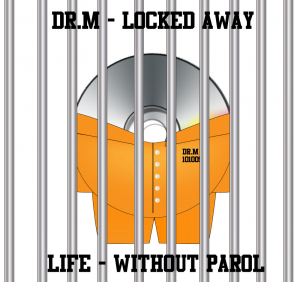
What is DRM and what are the issues at stake?
 What is DRM and what are the issues at stake?
What is DRM and what are the issues at stake?
Digital Rights Management, or DRM, are the little bit of software added on eBooks to prevent pirating. This means that only the buyer of the book has the technical means to open and read the book and cannot redistribute for free to friend, family or the general public.
On the face of things, this seems like a perfectly justified piece of software, an unavoidable tool in the age of widespread piracy and authors should be demanding DRM on all their book to ensure continuous flow of the royalties they deserve for their book.
Indeed, in an ideal world, this would be the case. Unfortunately, we do not live in an ideal world and DRM not only provides a fairly limited protection against pirates but prevent bona fide buyers from reading their purchased book on more than one support. For the growing numbers of buyers who own, say, a smartphone and a tablet, it means that if they downloaded the book on their tablet, they cannot read it on their smartphone and vice versa.
In addition, in an age of increasingly rapid obsolescence of hardware support, genuine buyers are faced with the very real possibility that the book they bought and paid for will be inaccessible to them within a few years as the support they downloaded it on is becoming obsolete and they cannot transfer their library to the new tablet/ smartphone /other yet to be created support because the DRM on their book is limited to the support it was originally downloaded on. In other words, instead of buying a book, they are in effect buying access to the content of the book for the lifetime of the support they downloaded it to.
As opposed to the genuine buyer, pirates are getting increasingly versed in the art of breaking through DRM codes and unlocking books to either distribute them for free or resell them at low price.
For the honest buyer, that would normally stay away from pirated books, the limitations imposed on the use of his legally purchased eBook are a powerful incentive to procure his next book in a DRM free version, whether pirated or not.
Tor, a science-fiction publishing house depending on ManMillan, recent decision to publish their books without DRM are a direct result of this conundrum and so is J.K. Rowling decision to sell the eBook version of harry Potter without DRM.
MacMillan, the parent company of Tor, is “testing the waters” to see how dropping DRM plays out. If it appears to have no or negligible impact on the spread of pirated books, they might gradually extend DRM free books to the majority of their catalog.